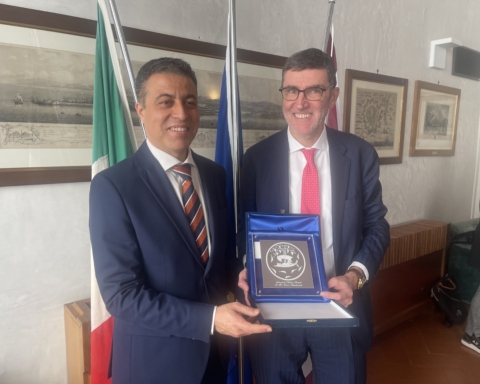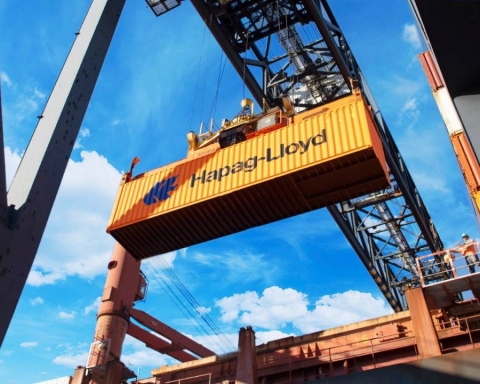Shipping could play a key role in the emerging transboundary Carbon Capture, Utilization and Storage (CCUS) initiatives in the Asia Pacific (APAC) region.
Some APAC countries are taking steps to develop CCUS as a cornerstone of their decarbonization process. In particular, Japan, South Korea, and Singapore are emerging as potential CO2 exporters while Malaysia, Indonesia, Australia, and Brunei are emerging as potential importers.
A new study by the Global Center for Maritime Decarbonisation and the Boston Consulting Group forecasts that around 100 million tonnes of Co2 per year will be transported in APAC by 2050. A significant volume that will require 85 to 150 tankers to support this scale of activity.
The investment to equip the sector with these vessels could amount to $25 billion.
The analysis found that when transporting 5 million tonnes a year, shipping CO2 by sea is certainly more economical than by pipeline at distances over 500 km from the coast. This makes maritime transport an attractive option for the key CCUS routes in the region.
However, stakeholders face a number of challenges for cross-border CCUS networks to reach their full potential, first and foremost the economic one.
The end-to-end costs of the entire process, from capture to storage to transport of Co2 by sea along Asia Pacific routes, are calculated to range from $141 to $ 287 per tonne of Co2.They are actually ten times higher than current carbon prices, which in Asian regional markets range from $2 to $18 per tonne of Co2. According to the report, in the long run this gap could deter investment in CCUS. Government subsidies or incentives are therefore needed to encourage its development.
New regulations on licensing, liability and standards also pose obstacles. The study’s analysts advise countries to accelerate the adoption of clear rules and guidelines for domestic CCUS activities and cross-border transport. The ultimate goal is to provide certainty for investors.
The last problem is related to the lack of a single reference standard for Carbon transport, which could hinder the development of cross-border Co2 capture, utilization and storage initiatives.
Translation by Giles Foster




